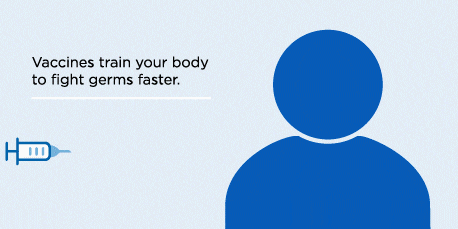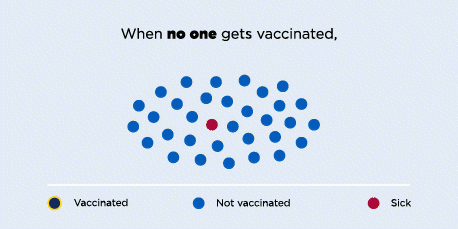Vaccines are very effective — and they’re the best protection against many serious diseases. Most people who get vaccinated will have immunity (protection) against the disease.
In this section, you’ll learn more about:
How do we know that vaccines work?
Before a vaccine is recommended for use in the United States, the Food and Drug Administration (FDA) makes sure that it works — and that it’s safe. Learn more about vaccine safety.
Since vaccines were invented, the number of babies and adults who get sick or die from vaccine-preventable diseases has gone way down — and some diseases have been wiped out altogether in the United States.
If we didn’t have vaccines, would clean water and modern hygiene prevent these diseases anyway?
No. Clean water and good personal, home, and public hygiene (cleaning practices) help slow down or stop some germs from spreading, but they don’t get rid of diseases. Some diseases — especially respiratory diseases that spread through the air, like measles —are more difficult to prevent.
The bottom line is that as long as diseases are around, people will continue to get sick. And that’s why it’s so important to get vaccinated. Learn more about getting vaccinated.
How vaccines and community immunity work

Watch this animation to learn about how vaccines work

Watch this animation to learn more about community immunity


